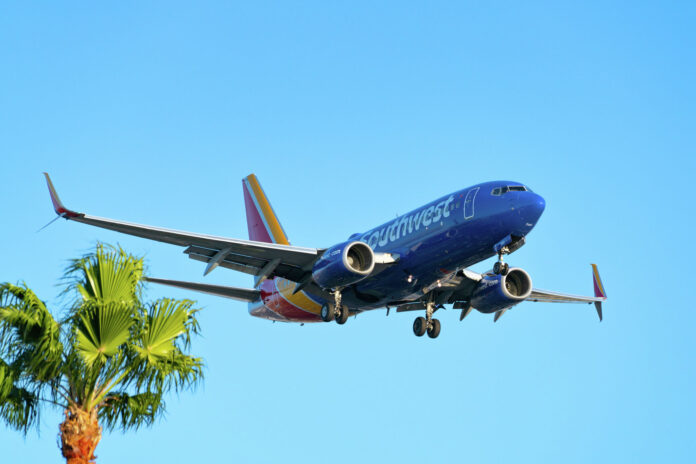The union representing the pilots for Southwest Airlines voted this week to authorize a strike, but the airline is actively informing customers that it believes the vote will not impact its scheduled operations.
A vote to strike is often viewed as a bargaining tactic when there’s a stalemate between management and unions. In a statement, the Southwest Airlines Pilots Association cited “operational disasters” and stalling negotiations that have lasted more than three years as motivations to strike.
Union President Casey Murray said that the “lack of leadership and the unwillingness to address the failures of our organization have led us to this point,” and that the airline’s “pilots are tired of apologizing to our passengers on behalf of a company that refuses to place its priorities on its internal and external customers.”
Both Southwest and American Airlines are currently at loggerheads with their pilot unions. As reported last week in the SFGATE column Routes, “strike votes and picket lines do not mean a strike is imminent — or even likely. Unions that are engaged in contract talks with airlines will often vote to authorize a strike to gain negotiating leverage.”
Southwest customers would only begin to feel the impact of a strike after several more steps and breakdowns in communications. The Railway Labor Act collective bargaining process would first need to fail. Federal law mandates that pilots can only strike if negotiations are overseen by the National Mediation Board, which actively works to divert the action.
If the mediated negotiations were to flounder, the federal government can then intervene and order a 30-day “cooling off” period before a strike is allowed to begin.



